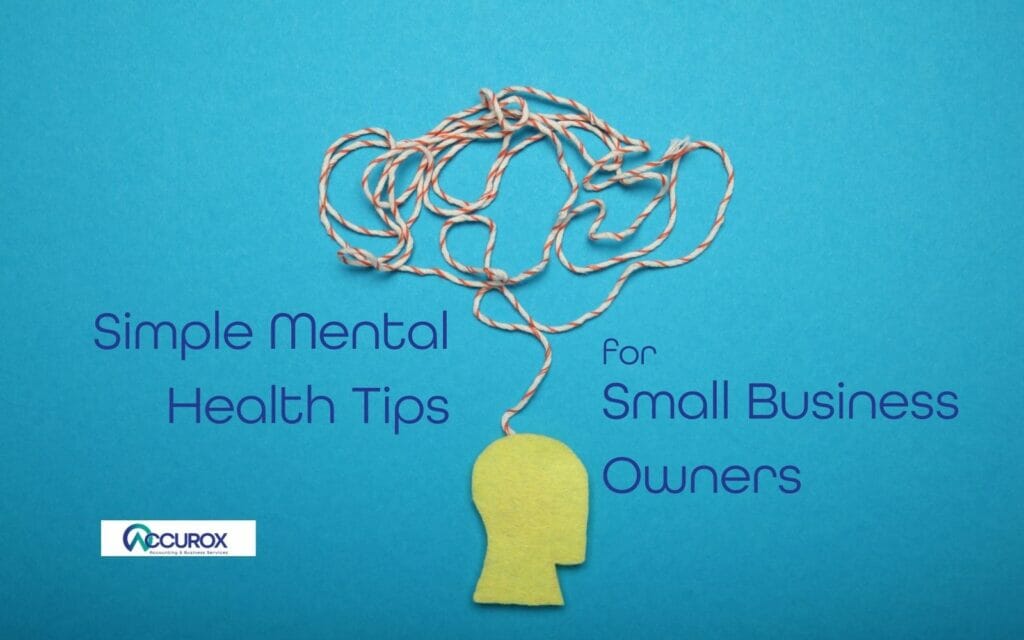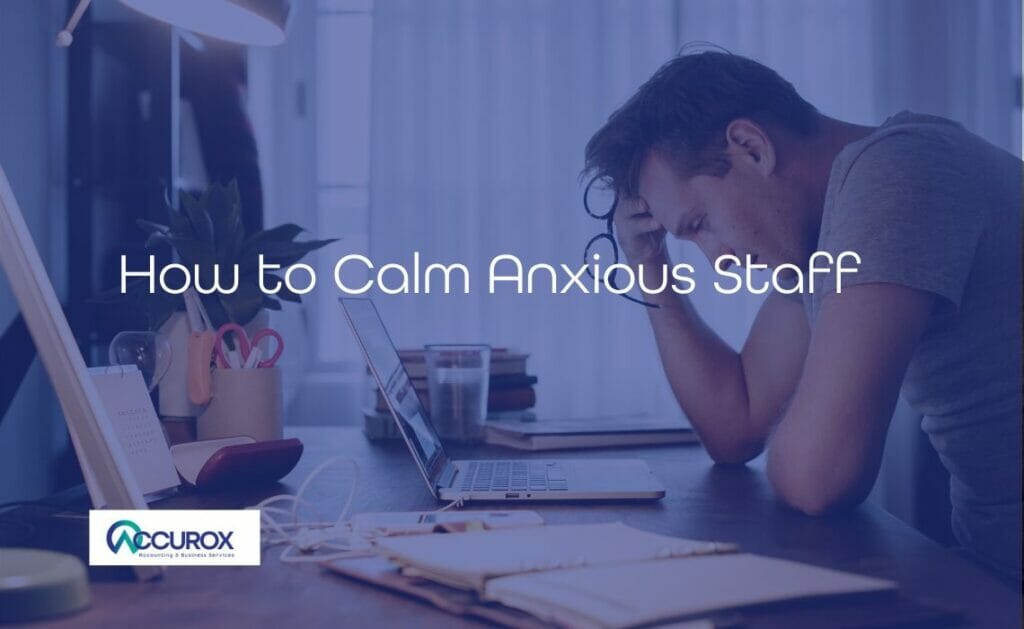Small business owners face many challenges that require your attention and time.
Whether you employ some staff or work entirely on your own, it is highly likely that you work intensely to meet the demands of your business. A recent survey (pre-COVID-19) revealed that small business owners work an average of 13 more hours a week than the rest of the working population (37 hours). Really, it is not unusual to hear from small business owners that they are working 60, 70 or even 80 hours a week.
This great news for everyone involved, but we should be prepared for any challenges that the process might present.
Reasons You’re Overworking
The reasons for this are manifold. Small business owners wear several hats in their business. So, when you have finished the work for one role, you are immediately starting the work for another role. When that’s done, you spend long hours on admin like responding to emails and calls after everyone else has packed up. Or working on bids, tenders, schedules, or governmental compliance. In addition, it is usually the business owner managing employees or catching mistakes or oversights within their work.
All these extra tasks blur the boundaries between work and home, which will leave you feeling exhausted and lethargic. Covid-19 has compounded this situation for many, by adding financial worries. Such as cash flow, getting invoices paid or health worries. We’re not listing all these issues to bring you down. On the contrary, to put in context the very real issues that adversely affecting your mental health. Ignoring symptoms of poor mental health won’t make them go away. In fact, doing so may exacerbate them even more.
Know the Signs
Be aware of the signs and symptoms that indicate poor mental health.
- Frequently finding it difficult to concentrate on tasks
- Constantly feeling tired and fatigued
- Feeling intense emotions like, frustration, sadness, or anger
- Often feeling isolated and that you cannot share your worries with anybody else
- Really struggling to make decisions or feeling easily overwhelmed by your workload
- Unable to take time off because of your workload
These are common signs of stress that can lead to deeply entrenched anxiety or depression. Of course, the symptoms are not limited to those mentioned above.
It’s a common misconception that owning a small business just is stressful and there is nothing to be done about it. There is an element of truth in this, however, it is neither healthy nor realistic to live permanently in a state of heightened stress. The irony is that if you are not able to find a work-life balance that is sustainable, it will eventually take a toll on your performance and productivity.
Here are some simple tips to stay on top of your business’s demands and have an effective and fulfilling work-life balance.
Tips for Reducing Stress
- Schedule work hours and stick to them. You are definitely not as productive as you think you are if you are working 10 to 16 hours a day. Define your hours, work hard within them, and then shut it off and relax
- Be organised and plan ahead, to make the most of those dedicated working hours
- Make sure you book annual leave and stick to it. If possible, completely switch off and hand responsibility to an employee. If that is impossible, warn customers you are off and deal with important issues in advance
- Delegate jobs to employees. Define them explicitly in writing and provide the training they need to do them confidently. Then, do not micro-manage them
- Set small manageable goals and prioritise work according to deadlines or importance
- Identify triggers for stress and mental health conditions such as anxiety or depression and develop techniques to overcome them. If you are not able to manage these feelings yourself, seek help. This might include talking therapies or in some cases, medication
- Stay connected and establish a support network. This might be achieved by joining a business network or seeking support during financial difficulty. Getting expert advice and surrounding yourself with positive people will help you manage your business effectively. Meaning you are able to share your experiences, worries and successes.
- Maintain a healthy lifestyle. Sleep, exercise, and a healthy diet really can be miracle cures. Develop a strong bedtime routine (no screens for a start), take regular breaks during the day to move around and make sure you get plenty of fruit, vegetables, and drink lots of water.
- Finally, allow yourself to have some other interests apart from your business. Join a book club or take up a hobby you have always wanted to try
If you identify with any of the areas we’ve discussed here, then please take the time to address these issues and find a better life balance. You will be glad you did and so will your loved ones.







